21, July 2024
There are reasons why SNH Board Meetings are now holding at the Presidential Palace 0
An extraordinary meeting of the board of Cameroon’s oil and gas corporation (SNH) is scheduled for next July 24 at the Presidential Palace, not at the company’s headquarters. The info is detailed in a letter from the board’s chairman, Ferdinand Ngoh Ngoh, who also serves as the Secretary General of the Presidency.
“Dear Board Member, I am pleased to inform you that the extraordinary board meeting of SNH, originally planned for Wednesday, July 17, 2024, has been rescheduled to Wednesday, July 24, 2024, at 2:00 PM, in Room 8324 of the Secretary General’s Office at the Presidential Palace, maintaining the same agenda,” reads the letter from Ngoh Ngoh to board member Jules Mana Nschwangele. This notice confirms various rumors circulating since July 17, 2024.
The rescheduling confirms that the board meeting initially set for July 17 did not take place. Reports from various digital platforms, later corroborated by board members, indicate that the meeting was blocked due to the closure of the company’s doors, a decision reportedly made by SNH’s current General Administrator, Adolphe Moudiki.
Handover of power
Internal sources suggest that on July 17, 2024, board members were turned away from SNH’s headquarters despite arriving to attend the meeting. The shift of the meeting to the presidential palace highlights the challenges in organizing such events at the company’s main office.
Furthermore, the board’s notification hints at a significant decision expected from this extraordinary session, which has only one item on the agenda, according to the Secretary General’s letter. Various sources indicate that the meeting will likely lead to the replacement of the General Administrator. After 31 years in charge, Adolphe Moudiki is expected to be succeeded by Joseph Dipepa, a prominent RDPC party member from the Littoral region.
It appears that Moudiki’s frustration is not solely with the prospect of being replaced but also with not being informed about his impending departure from the company. Additionally, there seems to be dissatisfaction about not being consulted on a replacement, as Dipepa’s appointment has reportedly stirred discontent among SNH’s old guard. Notably, on March 6, 2024, Moudiki signed a memo hinting at a power transition, though it still left him central to the management structure while delegating significant responsibilities to Igor Emmanuel Soya Bissaya, his second advisor.
Glencore Case
Beyond the anticipated leadership change at SNH, recent developments reflect ongoing tensions between the General Administrator and the Chairman. Disputes have arisen in connection with the Savannah Energy case. This British junior oil company had signed an agreement with SNH on April 19, 2023, to purchase 10% of assets claimed by Savannah in the Cameroon Oil Transportation Company (Cotco), which manages over 90% of the Chad-Cameroon pipeline in Cameroon. This agreement led to a diplomatic crisis between Cameroon and Chad, with Chad contesting Savannah’s claims in Cotco and in Chad Oil Transportation Company (Totco), as well as in Chadian oil fields.
In response, SNH Chairman Ferdinand Ngoh Ngoh was dispatched to N’Djamena by President Biya, following Chad’s recall of its ambassador from Cameroon. Ngoh Ngoh announced the resolution of the crisis after meeting with the Chadian President on April 26, 2023. He then chaired an SNH board meeting on June 13, 2023, where the transaction with Savannah Energy was “frozen.” Unusually, the official statement on this decision bore the Presidential Palace’s letterhead instead of SNH’s. Sources suggest this statement bypassed another version being prepared by SNH before being sent to the Chairman for approval.
Additionally, there is the Glencore case, involving the Anglo-Swiss trader sentenced in November 2022 for bribing public officials in Africa, including Cameroon. After SNH publicly denounced such practices, Moudiki reportedly sought a state investigation into SNH’s involvement in the Glencore scandal. This request, though approved by the President, is seen by some as a move to settle scores with close aides of the President.
Source: Business in Cameroon
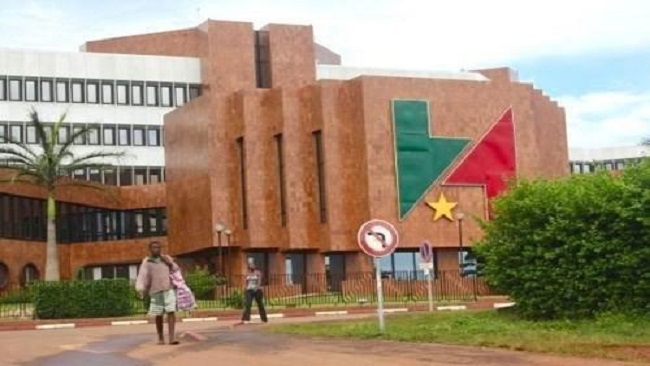
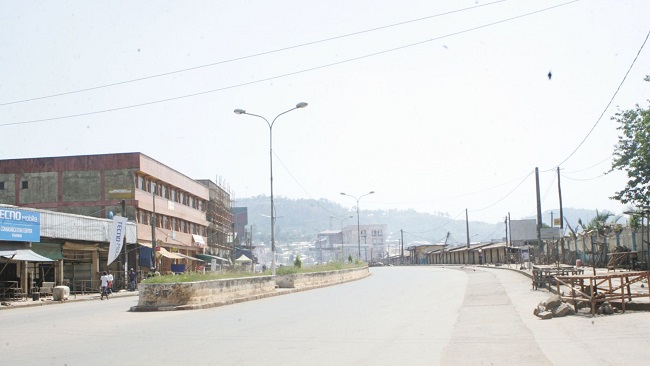


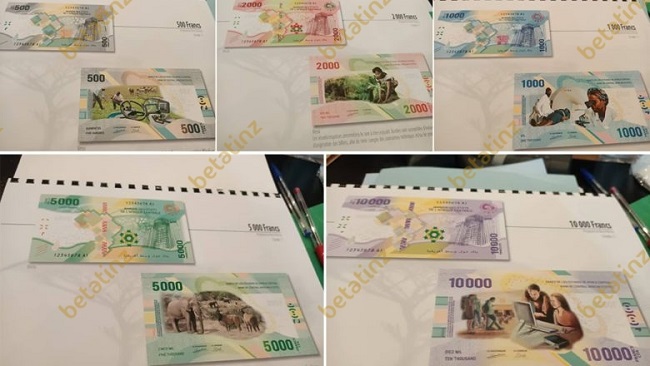
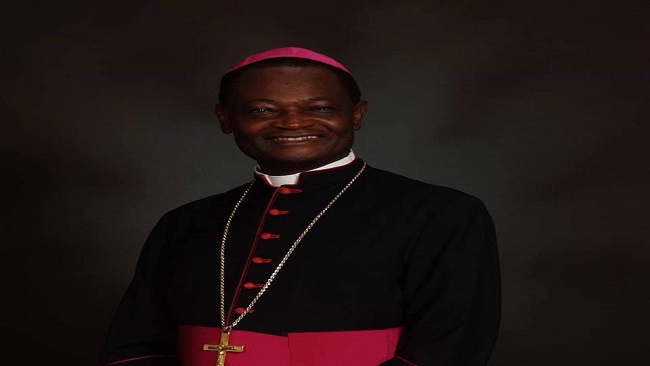
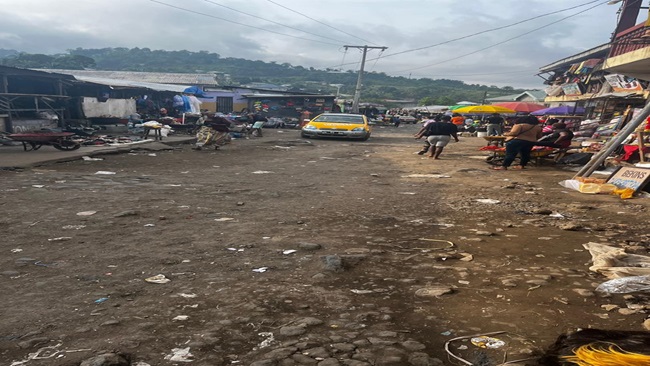





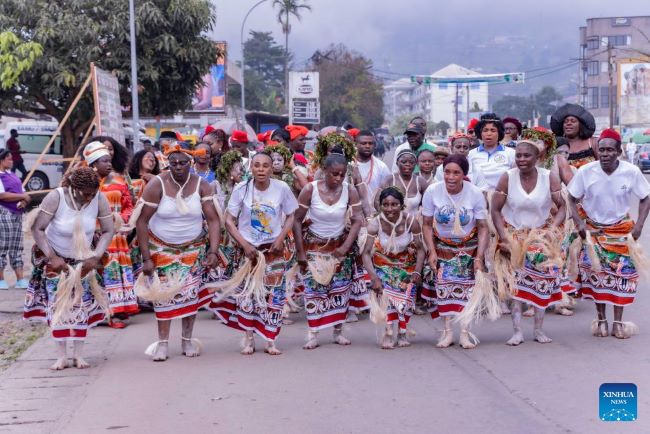














21, July 2024
US Politics: Biden backs Kamala Harris as Democratic nominee after dropping out of race 0
US President Joe Biden said Sunday he was endorsing Vice President Kamala Harris as the Democratic nominee for the 2024 election after announcing he was dropping of the race. Biden ended his bid for reelection following a disastrous debate with Donald Trump that raised doubts about his fitness for office just four months before the election.
The octogenarian president spent more than three weeks resisting calls to step down following a disastrous debate against Trump on June 27.
Biden said Sunday he was endorsing Vice President Kamala Harris as the Democratic nominee for the 2024 election, saying he was offering Harris his “full support”.
Biden said he would “speak to the nation later this week in more detail” about his decision.